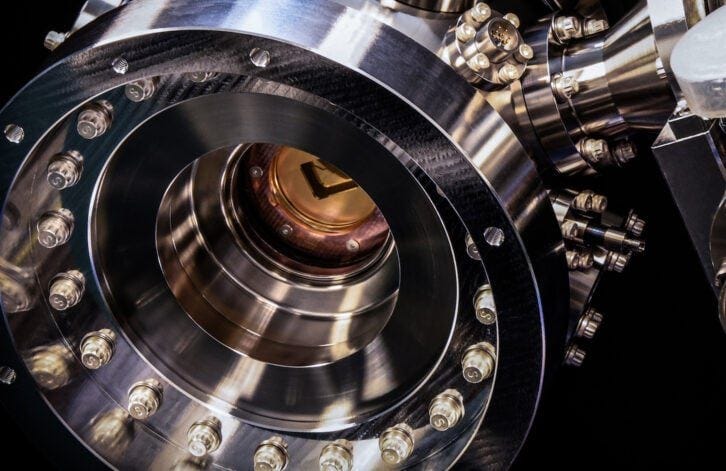Quantinuum will go IPO Soon
2025 will be a big year for Quantum, but not for the reason you think. AQ, Silicon Photonics, and the arrival of Qubit based public companies. Honeywell in focus.
Good Morning,
I wanted to briefly talk about Honeywell being spun out into three separate entities. In conjunction, Quantinuum, the quantum computing subsidiary of Honeywell, is indeed gearing up for an initial public offering (IPO).
Recent reports confirm that Quantinuum is targeting a valuation of around $10 billion and aims to go public possibly as s…



